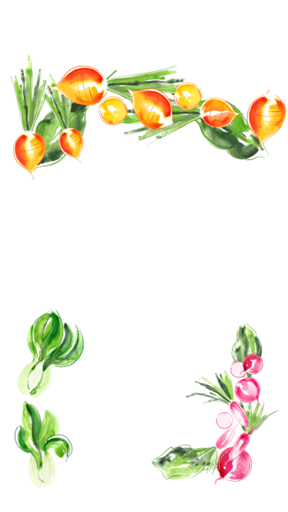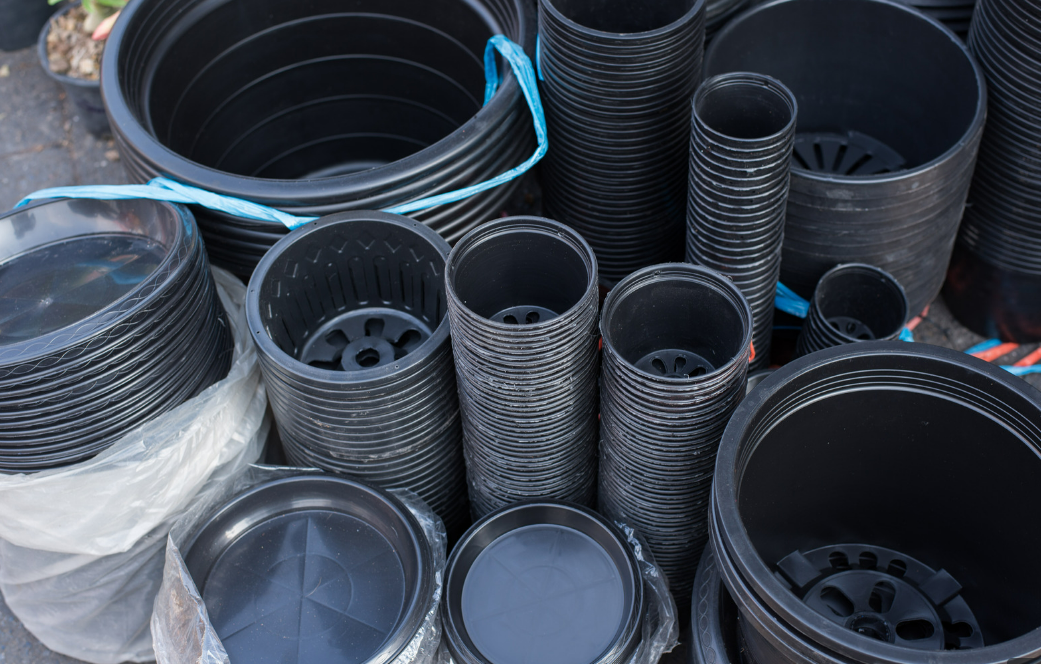In the past few years, many of us have become increasingly aware of the plastic pollution crisis, thanks to documentaries like The Blue Planet and Drowning In Plastic. These programmes have brought our attention to the catastrophic effects of plastic waste, especially in our oceans.
The gardening industry contributes significantly to this problem. Cheap and commonly used black plastic plant pots pose a particular challenge, as their colour makes them invisible to automatic sorting machines at recycling plants.
In fact, a study by Horticulture Week revealed that up to half a billion plastic plant pots end up in landfills or incineration plants each year. Once in landfill black plastic pots, dyed with carbon inks that are difficult to break down, can take around 450 years to biodegrade in landfills.
If you’re looking to be as eco-friendly as possible and avoid contributing to the plastic pollution crisis you can adopt more sustainable gardening practices, such as reusing pots, composting, and opting for eco-friendly alternatives to plastic. There are an increasing number of alternatives to black plastic pots including biodegradable ones made form coconut husk, rice husk and bamboo. You can even start your seeds off in old loo roll.


